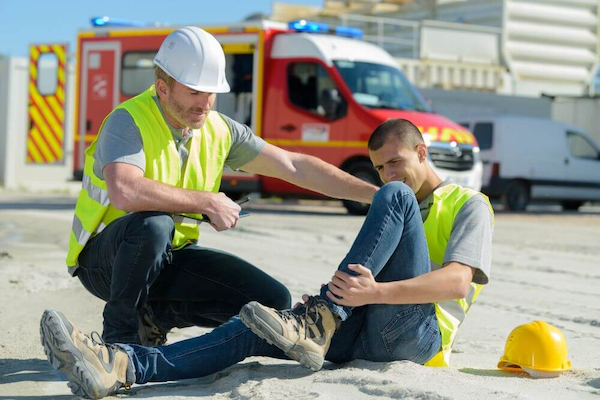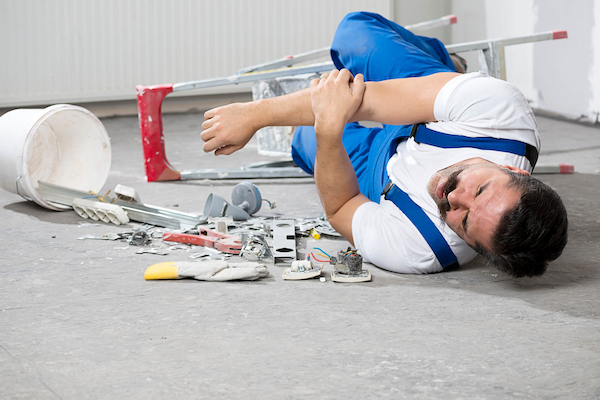 Workplace injuries are a severe problem in New Zealand, and the statistics show they’re rising. In 2022, there were 441 workplace deaths due to injury or illness—an increase from 2017, when there were 425 workplace injuries and illnesses. That shows how having health and safety software in nz is more of a must-have for businesses dealing with risky workplaces.
Workplace injuries are a severe problem in New Zealand, and the statistics show they’re rising. In 2022, there were 441 workplace deaths due to injury or illness—an increase from 2017, when there were 425 workplace injuries and illnesses. That shows how having health and safety software in nz is more of a must-have for businesses dealing with risky workplaces.
Workplace injury statistics also show that people working at a low-wage job are more likely to suffer from these injuries than those who earn higher wages. Before discussing the numbers, look at NZ’s top four most-happening workplace injuries.
1: Workplace slipping/tripping/falling
The most frequent workplace injuries are slipping, tripping and falling. In fact, these can be considered significant causes of injury in New Zealand workplaces. This is because people tend to trip on slippery or unclean surfaces and fall as they cannot see where they are going.
Slipping is the second most common cause of workplace injuries in New Zealand after falling. This often occurs when employees step off a ladder leading into an area with high-risk surfaces, such as electrical equipment or rough concrete floors at construction sites where workers often wear steel-toe boots to feel safer. This also increases the risk of getting injured due to slips on wet surfaces like grass verges near roadsides.
2: Repetitive Strain Injuries (RSI)
Repetitive Strain Injuries (RSI) are common workplace injuries in New Zealand. It is caused by overuse injuries that impact soft tissues of the neck, back, shoulders, arms and hands. They can be caused by the use of tools or equipment, and machinery. They may occur in most industries, including manufacturing plants, where workers use hand tools to perform repetitive tasks for long periods.
Some examples of RSI include –
- Carpal Tunnel Syndrome, which is often seen among technicians who work with computers, frequently
- Tennis Elbow, which affects the fingers
- Bursitis from working with power tools such as drills
- Frozen Shoulder from carrying heavy objects too long without proper breaks
3: Muscle Injury from Handling Objects
Manual handling involves lifting, pulling, restraining and carrying objects in the workplace. These movements can be made by workers who are lifting a load that is too heavy or not warming up before lifting a cold object.
A muscular injury can occur when a worker lifts a load that is too heavy or doesn’t warm up cold muscles beforehand. It can also happen if workers don’t take enough breaks between tasks to allow their bodies time to recover from working at high speeds.

4: Injury caused by Machinery/Equipment
The manufacturing industry has the highest fatality rate in New Zealand. This is due to a combination of factors, including –
- High levels of injury caused by moving parts of machinery, plant equipment and tools
- Workers not wearing protective clothing or being exposed to hazardous chemicals.
- Workplaces with poor ventilation, poor lighting and lack of safety precautions such as fall prevention measures
Wrapping Up
By the end of 2021, there were a total of 223,300 workplace injury claims. Regardless of the numbers, employees should definitely look forward to hiring health and safety software in nz. Although the proportion of these claims has decreased over time for men, it has significantly increased for women workers.